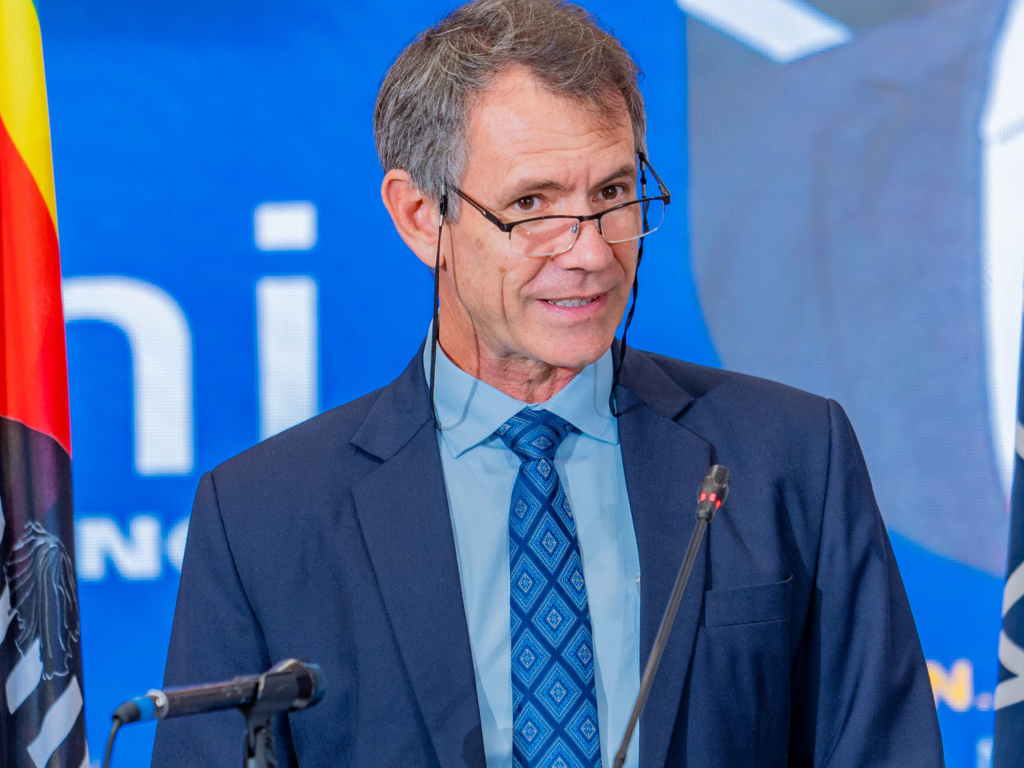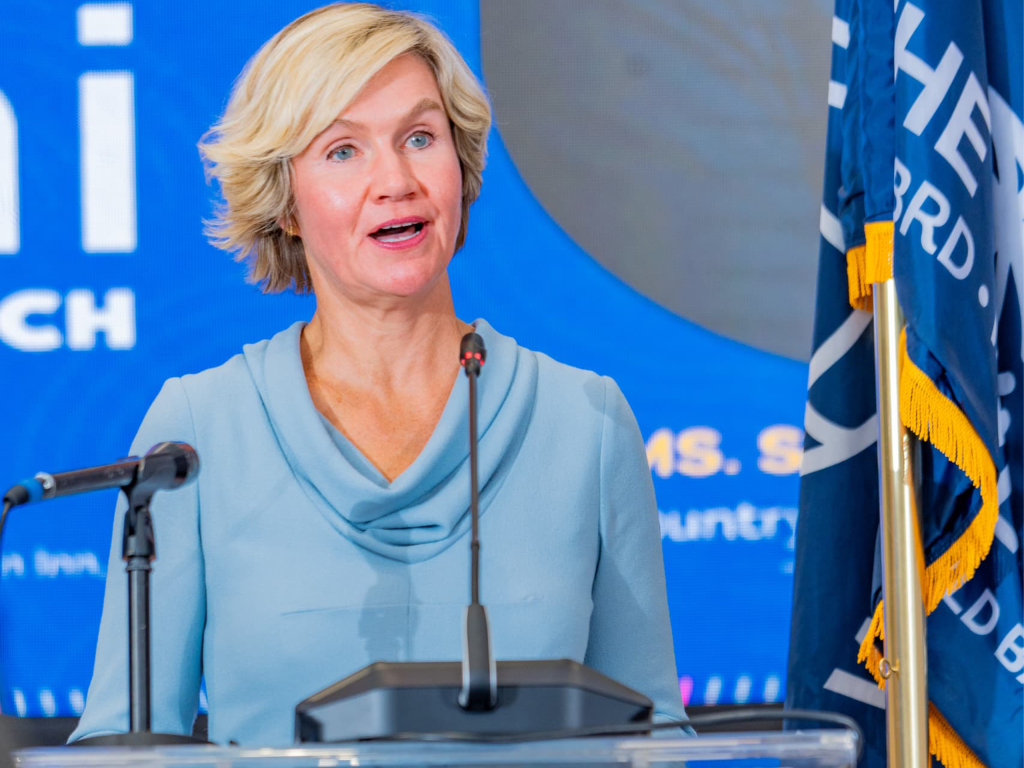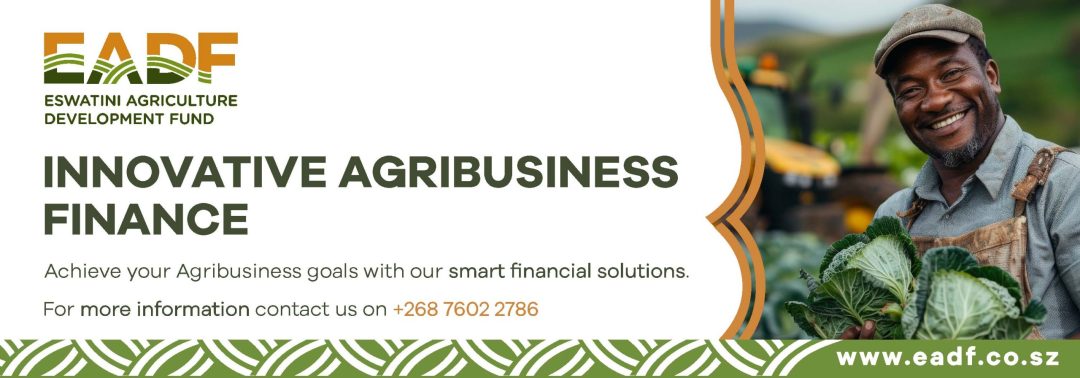
By Phiwa Sikhondze
The World Bank and the Government of Eswatini have unveiled a new Public Finance Review (PFR) aimed at enhancing the country’s fiscal policies to drive sustainable and inclusive economic growth.
Titled Eswatini Public Finance Review: Leveraging Fiscal Adjustment for Better Development Outcomes, this is the first comprehensive review of the country’s public finances since 1996.
The review provides an in-depth analysis of Eswatini’s fiscal policy and its role in addressing economic constraints, improving livelihoods, and ensuring macroeconomic stability.
While it acknowledges the country’s strong post-pandemic recovery—averaging 5.3% growth from 2021 to 2023—it also underscores the need for urgent reforms to achieve broad-based development.
The Minister of Finance, Neal Rijkenberg, highlighted the government’s progress in reducing the fiscal deficit and implementing fiscal adjustments since 2019. He, however, noted that additional efforts are needed to implement critical reforms outlined in the review.
“The Government has made significant progress since 2019 in reducing the fiscal deficit and implementing fiscal adjustment measures. Notwithstanding, stepped-up efforts are needed to implement some of the critical reforms highlighted in the Public Finance Review,” Rijkenberg said.
The report identifies several key pathways to enhance economic efficiency and social equity:
Enhanced revenue mobilization: Improving tax administration, streamlining procedures, and maximizing electronic tax filing could increase revenue by 1.6% to 3.3% of GDP. Establishing a specialized unit for high-net-worth individuals could further boost collections.
Public financial management reforms: Strengthening budget preparation, improving expenditure controls, reforming state-owned enterprises (SOEs), and modernizing public procurement—especially through electronic solutions—are crucial for improving efficiency.
Containing expansionary fiscal policy: Addressing expenditure arrears and aligning public-sector wages with private-sector standards would enhance macroeconomic stability and external competitiveness.
Public investment and climate integration: Ensuring that government spending is strategically allocated while incorporating climate considerations can maximize economic impact and build resilience.
Healthcare sector improvements: Addressing inefficiencies in expenditure management, supply chains, and service delivery, particularly in primary healthcare, will be essential for improving health outcomes.

Satu Kahkonen, World Bank Country Director for Eswatini, emphasized that the country’s future depends on its ability to leverage fiscal policy effectively.
“By implementing the reforms outlined in the Public Finance Review, Eswatini could create a more competitive and resilient economy, fostering inclusive growth and improving the lives of all Emaswati. The World Bank is committed to providing technical assistance and financial support in guiding the country towards fiscal sustainability and inclusive growth,” she said.






